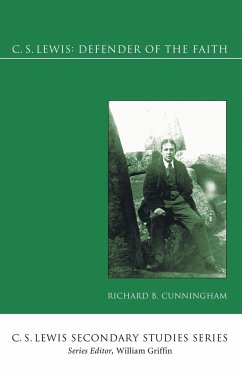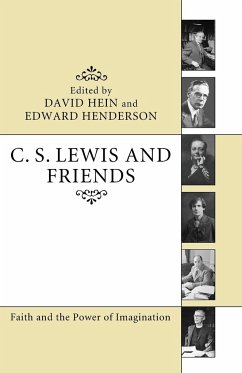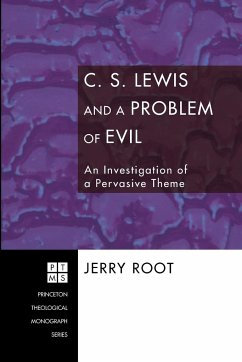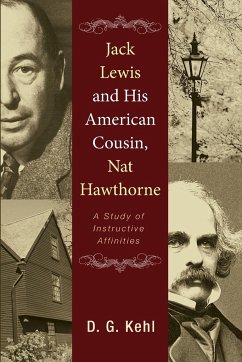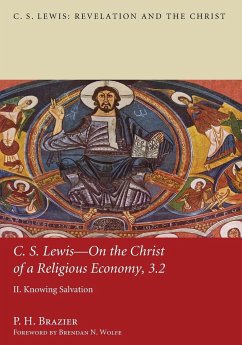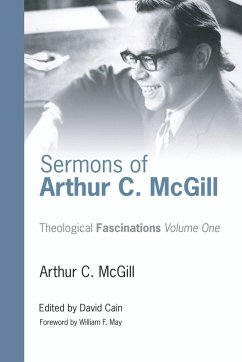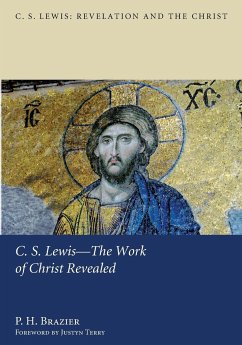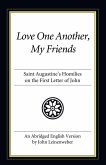C. S. Lewis was a man of many talents: a literary critic, a Medieval and Renaissance scholar, a stimulating lecturer, a prolific writer, a perceptive critic of Western civilization, and the author of highly acclaimed children's books. But he is perhaps best known as the ""unorthodox defender of orthodoxy,"" the most popular and influential Christian apologist of his time. His literary skill, his brilliant and wide-ranging mind, and his multi-layered imagination made him a master of communication and gave him insight into what should be communicated. This study of his work inquires what it is about his faith, his view of the world, and his apologetic methods that strikes such a responsive chord in the hearts of unchurched people; and it shows how he made the old ideas of traditional Christianity ""glimmer and glow with simplicity and attractiveness."" Lewis took up his apologetic pen because he felt that most theologians are talking jargon. ""Any fool can write learned language,"" he said. ""The vernacular is the real test. If you can't turn your faith into it, then either you don't understand it or you don't believe it."" His books are unusual because he believed that ""reason is the organ of truth; imagination is the organ of meaning."" In the infernal correspondence of Screwtape, the haunting myths of his trilogy of space fiction, and the allegories of the Narnia books, he tries to bring the reader suddenly face to face with transcendental values and existential questions. Richard Cunningham evaluates the different kinds of literature Lewis uses as apologetic instruments, studies the devices and techniques of debate he employs to communicate his faith to unbelievers, and deduces some pertinent principles to help others define and understand the Christian faith.
Hinweis: Dieser Artikel kann nur an eine deutsche Lieferadresse ausgeliefert werden.
Hinweis: Dieser Artikel kann nur an eine deutsche Lieferadresse ausgeliefert werden.

